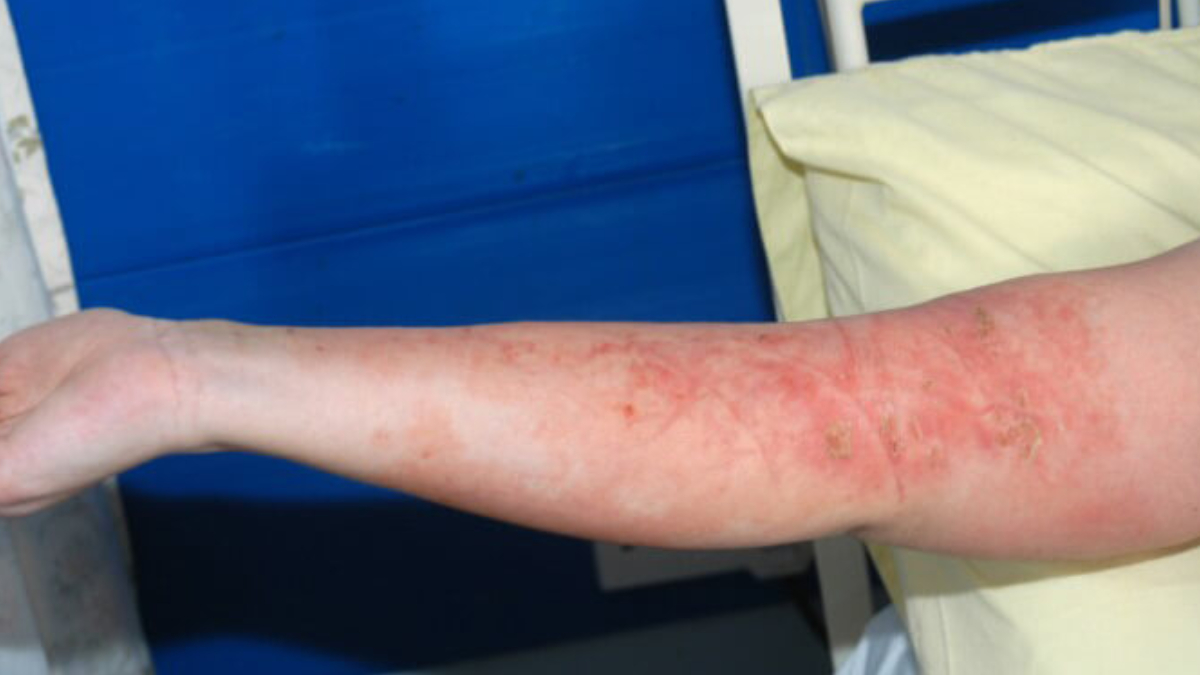The Philippines has reported cases of the deadly bacterial infection streptococcal toxic shock syndrome (STSS), which has seen a rise in Japan, according to infectious diseases expert Dr. Rontgene Solante.
STSS, caused by the common bacteria Group A Streptococcus pyogenes, typically leads to pharyngitis or inflammation of the pharynx. However, when the bacteria spread into the bloodstream, it can result in severe complications. “This is an infection that starts in the skin. The bacteria would usually enter the blood through a wound. Once it goes into the blood, it’s systemic, your whole body is already affected,” explained Dr. Solante in an interview with Super Radyo dzBB.
Dr. Solante emphasized the danger of STSS, noting its high mortality rate of 30%, where an infected individual could die within 24 hours after the onset of symptoms. Symptoms include fever, body pain, weakness, vomiting, and darkening of wounds, potentially leading to low blood pressure and difficulty breathing.
The infection predominantly affects individuals with weak immune systems, such as the elderly and those with diabetes or chronic renal failure. “It spreads rapidly within the body, affecting the heart, liver, and lungs. It involves multiple organ systems,” Dr. Solante added.
In his clinical experience, Dr. Solante confirmed that several cases of STSS have been detected in the Philippines. He pointed out that Japan has already seen cases soar to 900 to 1,000. “We have also seen cases here in the Philippines. Although few, it spreads quickly,” he stated.
Dr. Solante advised those at risk to wear face masks and thoroughly wash any wounds. He urged anyone experiencing symptoms to consult a doctor immediately for proper treatment.






